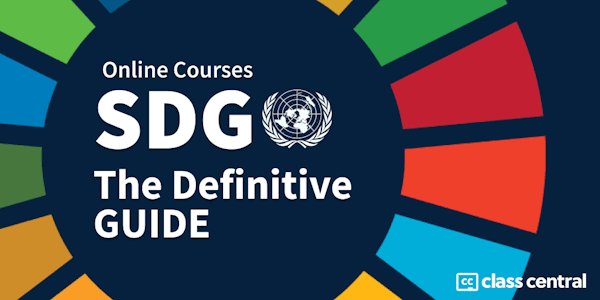According to the UN organization UNCTAD, 80% of trade takes place in global supply chains linked to transnational corporations. Governed by powerful transnational corporations, these global supply chains set the ‘rules of the game’ of today’s global production system. For the majority of workers, this production system translates into poverty wages, excessive working hours, unsafe workplaces and repression of workers’ right to form and join democratic trade unions.
This course offers a careful mix of video lectures and interviews, readings, online resources, and exercises to gain both knowledge and practical skills for promoting decent work in global supply chains. In some countries, the online learning experience will be complemented with local workshops for a truly global learning experience.
The course started with a Facebook live discussion with Prof. Dr. Mark Anner on 12 January 2017. You can see the recording here
This is a free self-paced course in which you can study at your own pace. You can enrol for free in the audit track and - if you wish - get a Statement of Participation for 29 € once you've finished the course. Once per year, we will offer the option to get a Certificate for 49 € after passing an online exam. The Global Labour University may offer scholarships to participants from non-OECD countries to do a Certificate for free. If you wish to get a Certificate for this course, please start studying in the audit track and you will be informed about the next exam period and the scholarship option.
If you work for a university, trade union or any other labour-related institution you are welcome to integrate the course material into your education and training programmes. All video lectures and interviews, readings, online resources, and exercises can be downloaded separately and used for free.

